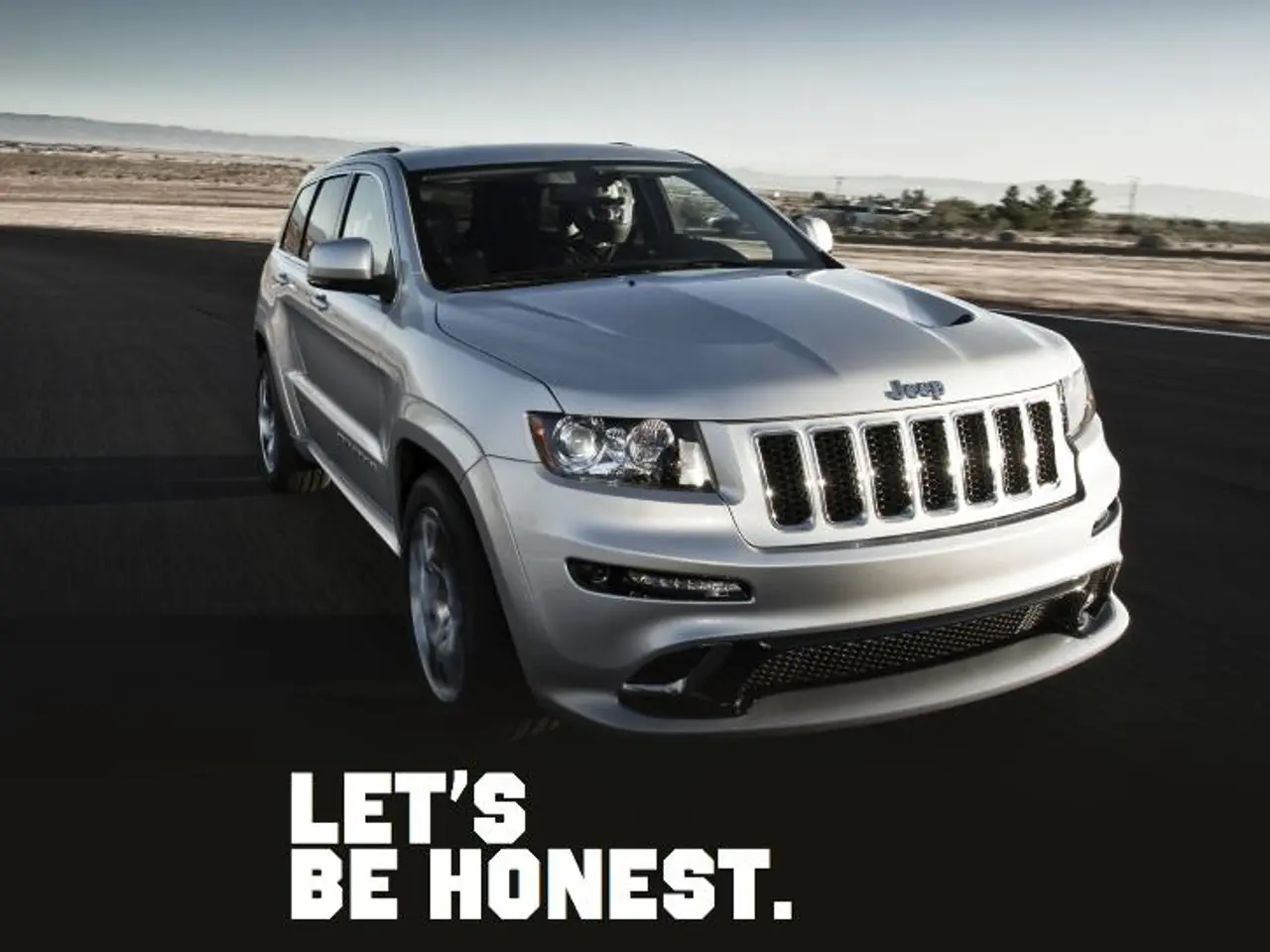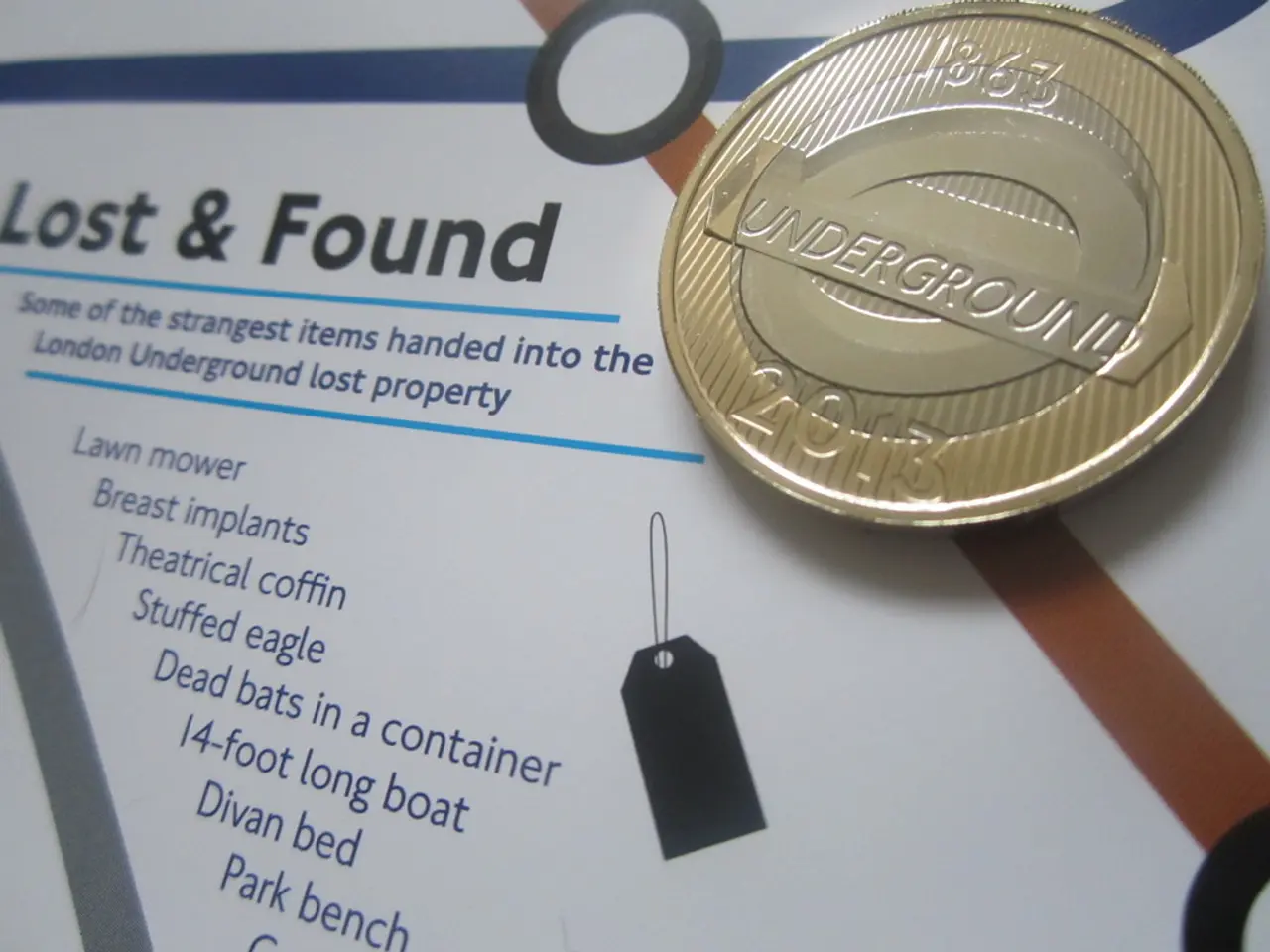Investigators Work to Refute Your Assertion - 'Demanding Complete Service History From the Time You First Purchased the Car' - and They Rejected Your Request Because You Conducted an Oil Change at 5,200 Miles, not 5,000 Miles as Stated.
In the ever-evolving world of automobiles, the question of whether extended car warranties are a worthwhile investment continues to be a topic of discussion. The benefits and drawbacks of such warranties in 2025 hinge on factors like the car's age, reliability, and the owner's priorities.
Benefits
Extended warranties offer several advantages for car owners. Firstly, they provide financial protection, covering costly repairs once the manufacturer's warranty expires, potentially saving money in case of major repairs [1][3]. This is especially valuable as repair costs are on the rise [2].
Secondly, extended warranties offer peace of mind, reducing anxiety about unexpected breakdowns [1][3]. They also provide budget predictability by converting unpredictable repair expenses into manageable fixed monthly payments, easing financial planning [2].
Additional perks include roadside assistance, towing, rental car reimbursement, and routine maintenance support [1][2][3]. For some vehicles, having an extended warranty can help maintain or increase resale value [1]. Furthermore, some providers offer streamlined claims and repair procedures, reducing the hassle of finding repair shops and dealing with paperwork [2].
Drawbacks
Despite these benefits, extended warranties also come with potential downsides. If a vehicle is reliable and requires few repairs, the warranty cost may exceed the benefit, resulting in a net loss [1][4].
Warranties may also exclude certain parts or types of damage, have mileage or time caps, or require specific repair shops or original parts, limiting flexibility [1]. Many policies require a deductible per repair and include numerous exclusions, which may surprise buyers [1][4].
Some owners report difficulties with claim approvals due to technicalities or restrictive terms, which can lead to wasted costs [4]. Some experts suggest self-insurance by saving the equivalent warranty cost in a separate fund, which can be used if repairs are needed or kept if not [4].
For New Car Owners
For new car owners, extended warranties may overlap with existing manufacturer coverage but can offer longer protection once the original warranty expires, useful if planning to keep the car long-term [1][3].
For Used Car Owners
For used car owners, particularly those driving older vehicles, extended warranties can offer important financial protection; however, choosing a reputable provider and understanding the contract terms is critical due to variability in coverage and claims experiences [1][3][4].
Caveats
If you have a long loan period and your manufacturer warranty is short, an extended warranty may be worth considering to avoid paying for expensive small repairs. However, it's important to note that cars in 2025 are more complex than those from 15 years ago [5].
Lifetime warranties do not exist; they are often set up to deny claims [6]. A Toyota Master Mechanic gives an example of a customer who bought a 2017 Tacoma with 48,000 miles, which later needed a new engine due to a 26,000-mile oil change gap and lack of an extended warranty, costing several thousand dollars [6].
Buying an extended warranty from a legitimate source reduces the scam risk, as long as the buyer understands what they are purchasing [7]. Extended warranties are tailored to specific car owners, such as those who drive normal mileage, keep up with maintenance, and plan to keep their cars for 10-15 years [7].
One-size-fits-all policies offered by online warranty providers may not cover all car components, and it's crucial to understand exactly what is covered, including high-ticket items such as catalytic converters, seals and gaskets, struts, and shocks [7]. The cost of a $20 per month extended warranty over time should be carefully considered before purchase.
In conclusion, purchasing an extended car warranty in 2025 can be beneficial for owners valuing financial security and convenience, particularly for less reliable or older vehicles. However, it carries potential downsides like cost, coverage limits, and claim complexities that require careful consideration against personal circumstances and vehicle condition [1][2][3][4].
- In the realm of finance and general-news, extended car warranties in 2025 offer a mix of advantages and drawbacks for car owners, making it crucial to weigh the benefits against personal priorities and vehicle reliability.
- For sports enthusiasts, it's worth noting that the cost of extended warranties on regular vehicles can add up over time, which might have an impact on one's lifestyle expenses.
- As for those following business trends, understanding the nuances of extended warranties and choosing a reputable provider can provide valuable financial security, particularly for used car owners driving older vehicles.




